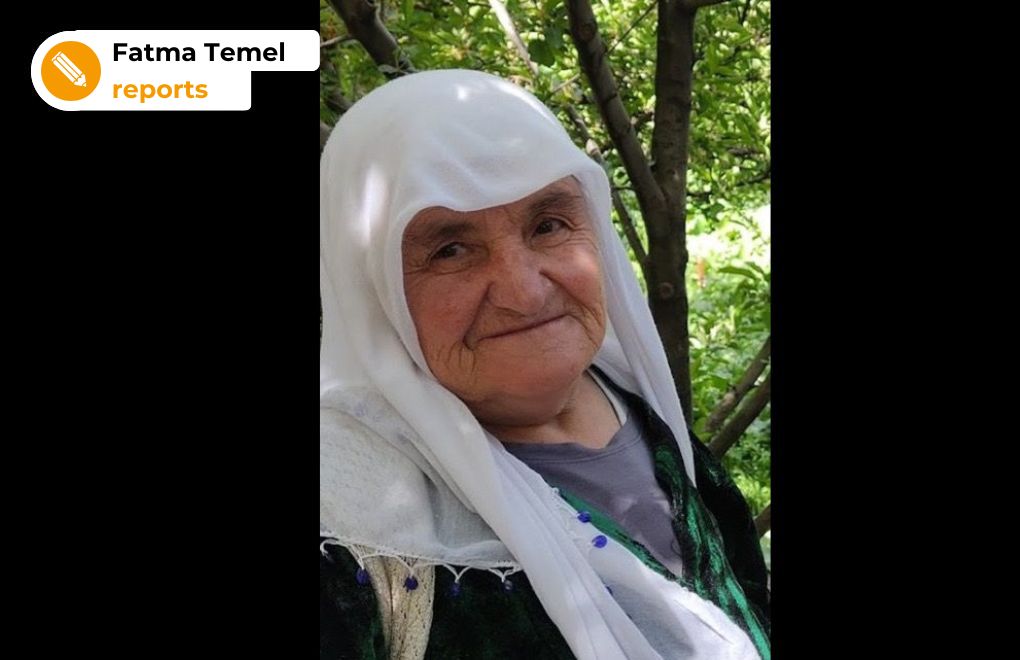Click to read the article in Turkish
Locals in Karacaören and Karşıpınar villages in the Zile district of the Central Anatolian province of Tokat said roads of their villages are not improved.
The villagers are of the opinion that the work is not done because they are Alevis, a religious minority estimated to make up about 15 percent of the people in Turkey.
They also complained about the authorities because of their failure to take action regarding the broken and unpaved roads. The roads are used by people from surrounding villages and become very muddy when it rains, they said.
There are 1,200 households in Karacaören and 800 in Karşıpınar.
Dursun Baş, the head of the Veli Baba Cemevi, the Alevi place of worship, said they are fed up with the problems.
"200,000 visitors every year"
He told bianet, "Unfortunately, the roads we jointly use jointly with the other villages are miserable. We are fed up with dust in the summer and mud in the winter. Not to mention the accidents with injuries and material damage.
"On this road, there are the tombs of Hasan Baba and Rüstem Baba of the Veli Baba convent. At least 200,000 visitors come here every year.
"Bus drivers who come to our villages for funerals or visits do not want to come again, using the roads as an excuse. Please make our roads asphalt. Our cars get damaged due to the broken roads. We are tired of going to the car service every time we go to the district."
Noting that their village is one of the largest Alevi villages in the provinces of Yozgat, Sivas and Tokat, Baş said, "Our roads are not paved because we are Alevis."
Other villagers who wanted not to be named also repeated Baş's complaints and said the authorities "must hear us."
About the villages
Karşıpınar is an 800-household Alevi village.
Economically, it relies on agriculture and animal husbandry. There is also seasonal labor. There is no community clinic. The road of the village is a stabilized dirt road.
Karacaören is a village established by the Alevi Turks who escaped the massacres committed by Sultan Selim I of the Ottoman Empire in the early 16th century. (FT/EMK/VK)





.jpg)
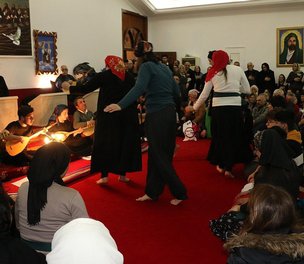
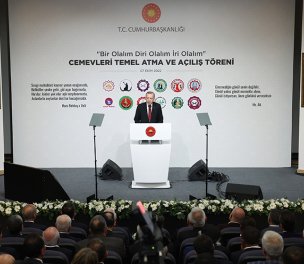

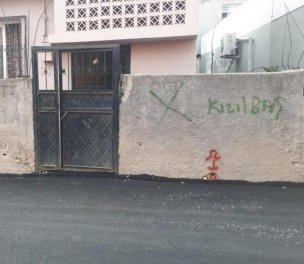
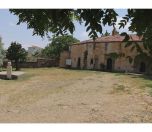
.jpg)
